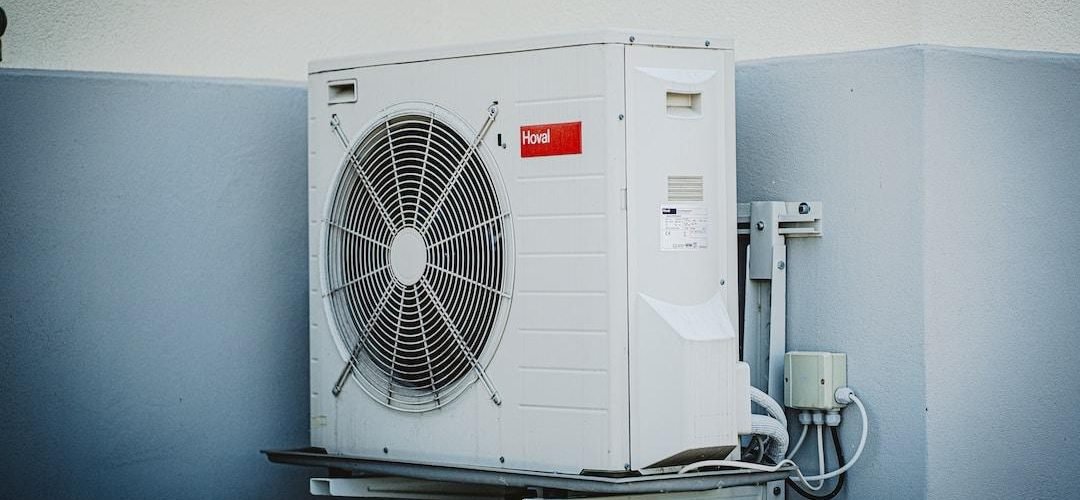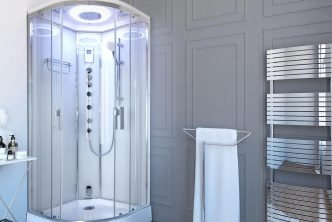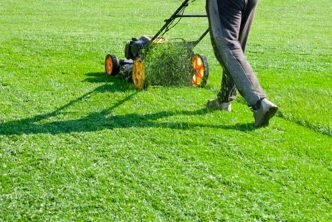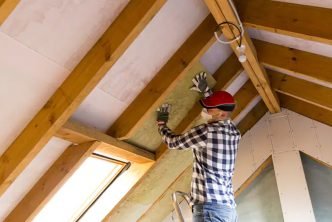With the escalating concern over energy conservation and correct usage, it has become more crucial than ever to manage your home’s heating and cooling systems efficiently. They are significant contributors to overall energy consumption in homes. Efficient use of these systems not only conserves energy but also helps in reducing costs associated with their use while enhancing the comfort and health outcomes in the home. In this article, we explore various ways of maximizing energy efficiency in heating and cooling systems.
Table of Contents
Regular Maintenance and Repairs
Regular maintenance and repairs are vital for ensuring energy-efficient heating and air conditioning operations. HVAC systems are designed to provide effective heating, ventilation, and air conditioning while minimizing energy consumption and environmental impact. However, without proper maintenance, even the most energy-efficient HVAC system can become inefficient and prone to breakdowns. Routine, professional maintenance by a company like Summers PHC in Bloomington-Normal will ensure that your system runs efficiently all year long.
Firstly, regular maintenance helps to keep the HVAC system clean and free from dust, dirt, and debris. Over time, these particles can accumulate in the system’s filters, vents, and coils, obstructing airflow and reducing system efficiency. By scheduling regular maintenance visits, homeowners can ensure that these components are cleaned or replaced as needed, allowing the system to function at its best and minimizing energy wastage.
Moreover, regular maintenance allows HVAC technicians to identify and address potential issues before they become major problems. During maintenance visits, technicians can inspect the system’s components, check for any signs of wear or damage, and perform necessary repairs or adjustments. This proactive approach helps prevent system breakdowns and minimizes the need for emergency repairs, which can be costlier and more inconvenient.
In addition to these direct benefits to the system, regular HVAC maintenance also contributes to energy savings. When the system is properly maintained, it functions more efficiently, using less energy to provide the desired level of comfort. This not only helps reduce utility bills but also reduces the system’s environmental footprint. By ensuring proper airflow, cleaning or replacing filters regularly, and fixing any minor issues promptly, homeowners can maximize the energy-saving potential of their HVAC system and enjoy a more comfortable living environment.
Investing in Energy-Efficient Equipment
Spending on energy-efficient appliances and equipment may seem daunting at first, but it is an investment that pays off in the long run. Energy Star-rated products are designed to use less energy than their conventional counterparts. They help households save money on energy bills while also reducing carbon emissions. When shopping for a new furnace, air conditioner, or heat pump, look for the Energy Star label, which indicates that the product has met strict efficiency criteria set by the U.S. Environmental Protection Agency and the Department of Energy.
Moreover, using energy-efficient components or appliances doesn’t mean that you have to compromise on the comfort or functionality of your home. Modern energy-efficient heating and cooling technologies such as geothermal heat pumps, mini-split heat pumps, and evaporative coolers provide high levels of comfort and climate control, are quieter, and require less maintenance compared to traditional models.
Before investing in these technologies, it is beneficial to consult with a professional HVAC contractor to discuss the best options based on your specific needs, budget, and local climate conditions. They can provide invaluable advice on selecting an energy-efficient heating and cooling system that fits your home’s current energy profile while also considering future modifications that may affect its performance.
Optimizing Home Insulation and Sealing
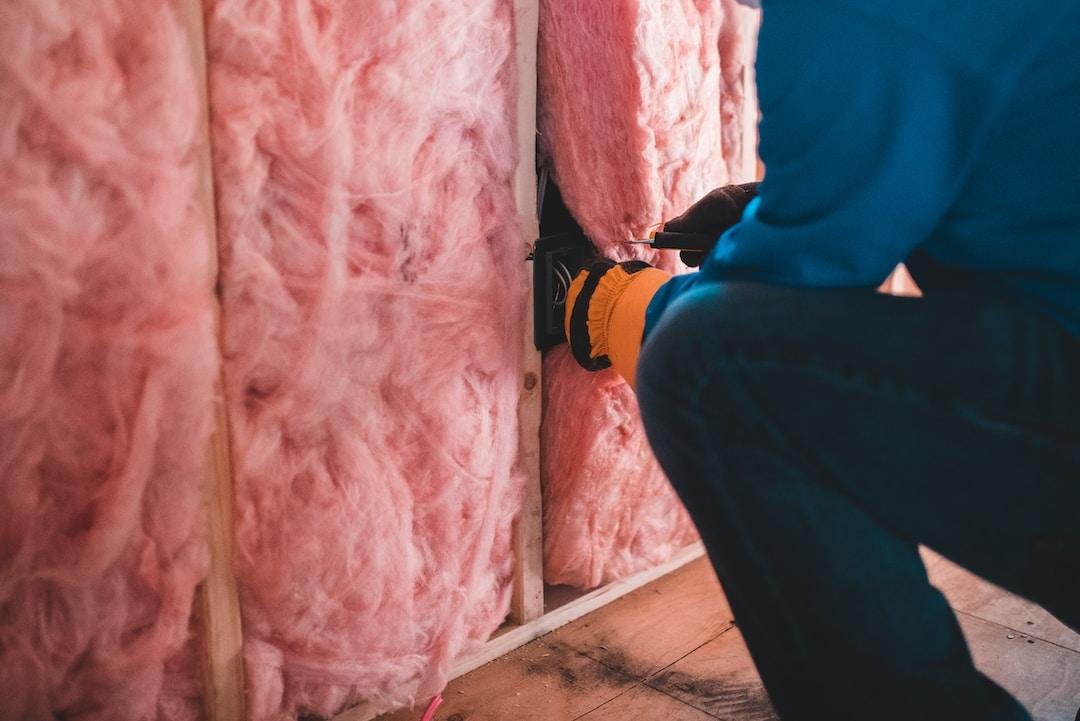
Poor insulation and air leaks can have a detrimental effect on the energy efficiency of heating and cooling systems. These result in heat loss during winter and heat gain during summer, forcing your HVAC system to work overtime to maintain a comfortable temperature indoors. Adding insulation to your home’s walls, floors, and ceilings can trap warm air inside your home during winter and repel heat from the sun during summer.
Air leaks, on the other hand, can be plugged by weather-stripping and caulking. These are simple and inexpensive measures that can prevent fractures around windows and doors from letting warm or cool air escape, reducing the strain on your heating and cooling system.
In addition to rooftops and walls, focus also on insulating lesser-thought-of areas such as attics, crawlspaces, and garages. These places can be major sources of heat loss or gain, and addressing them can greatly add to the overall energy efficiency of your home. In addition, sealing up your home and ensuring proper insulation can ensure improved indoor air quality.
Installing a Programmable Thermostat
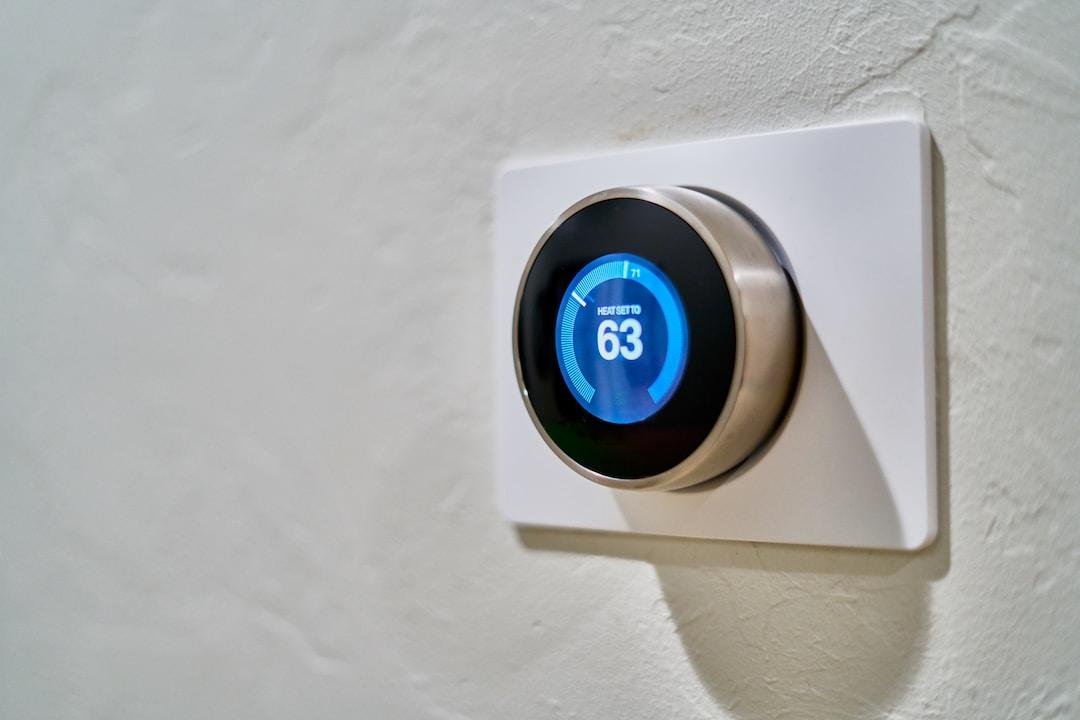
Installing a programmable thermostat is a simple yet effective way to maximize the efficiency of your heating and cooling operations. Gone are the days of manually adjusting the temperature throughout the day. With a programmable thermostat, you have the power to set specific temperature preferences for different times of the day, allowing you to optimize energy usage.
One of the key advantages of a programmable thermostat is the ability to schedule temperature changes based on your daily routine. For instance, you can set the thermostat to lower the temperature when you’re away at work or asleep at night and then have it raise the temperature just before you return or wake up. This way, you can save energy and reduce utility bills without compromising on comfort. Moreover, some programmable thermostats even offer the flexibility to create unique programs for different days of the week, making it even easier to adapt to your schedule.
In addition to schedule-based programming, some advanced programmable thermostats also offer features like Wi-Fi connectivity and smartphone control. With these features, you can adjust your home’s temperature remotely, giving you even more control over your heating and cooling system. For example, if you’re coming back from a vacation and want to arrive at a cool home, you can simply access the thermostat app on your phone and adjust the temperature before you arrive. This level of convenience not only enhances your comfort but also ensures energy efficiency by avoiding unnecessary heating and cooling when you’re not around.
Educating and Involving All Household Members
An often underestimated but vital part of energy conservation is the role played by all family members. Educating them about the importance of energy conservation and how their actions can impact the environment and energy bills is important. For instance, simple habits such as turning off lights when leaving a room, not keeping doors and windows open when the HVAC system is on, and using appliances wisely can become second nature with regular reminders and reinforcement.
Moreover, involving everyone in energy-saving efforts can be a fun and collaborative exercise that also teaches younger family members about sustainability and responsible living. Whether it’s coming up with energy-saving tips and ideas together, setting and achieving energy conservation targets, or rewarding energy-efficient behaviors, there are numerous ways in which the efforts can be made into a group activity.
Of course, the exact energy conservation practices and the degree to which they are implemented can vary based on the specific needs, lifestyles, and values of each household. However, starting with the basic steps and gradually integrating more advanced strategies can ensure a sustainable and energy-efficient home.
Altogether, maximizing energy efficiency in heating and cooling systems is a multi-faceted task that involves understanding the basics of energy efficiency, investing time and energy into efficient behaviors and practices, and partnering with a company like Summers PHC for preventative maintenance. When combined, these efforts can significantly reduce your home’s energy consumption while creating a more comfortable and sustainable living environment.

